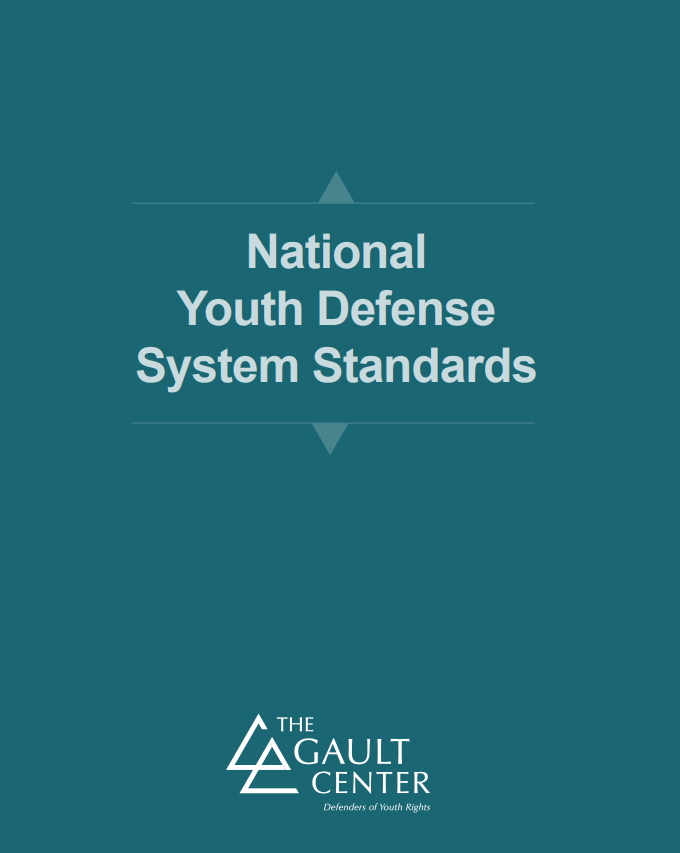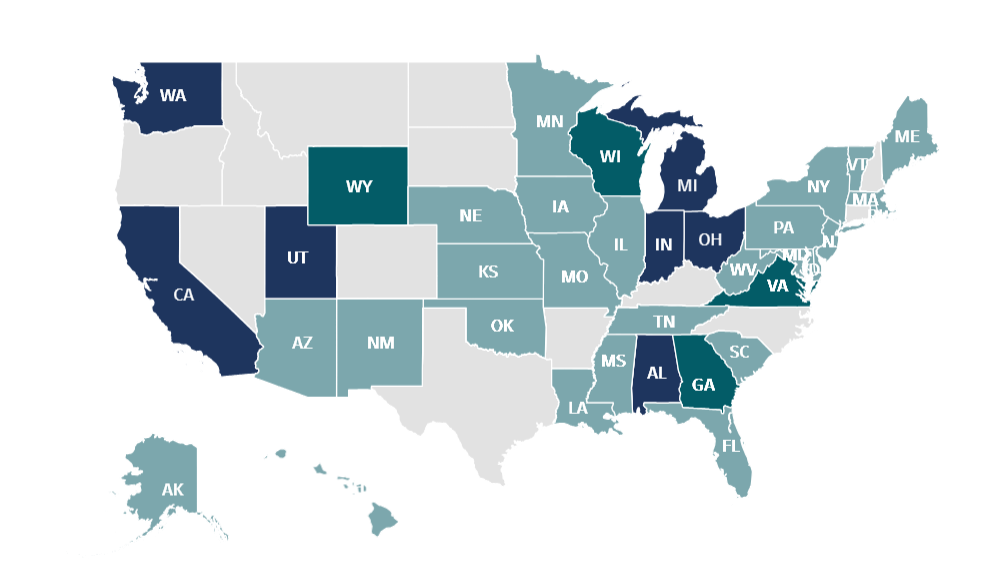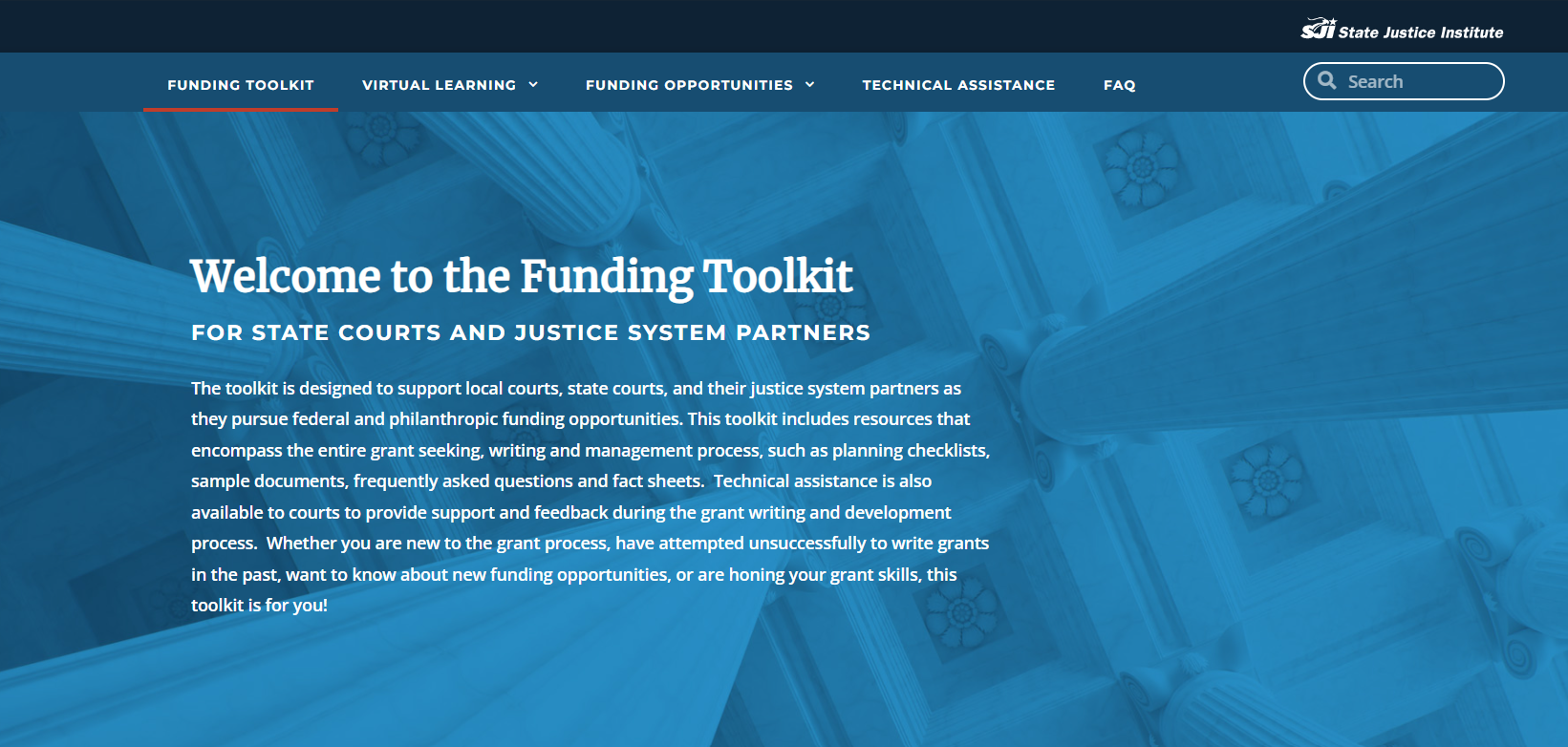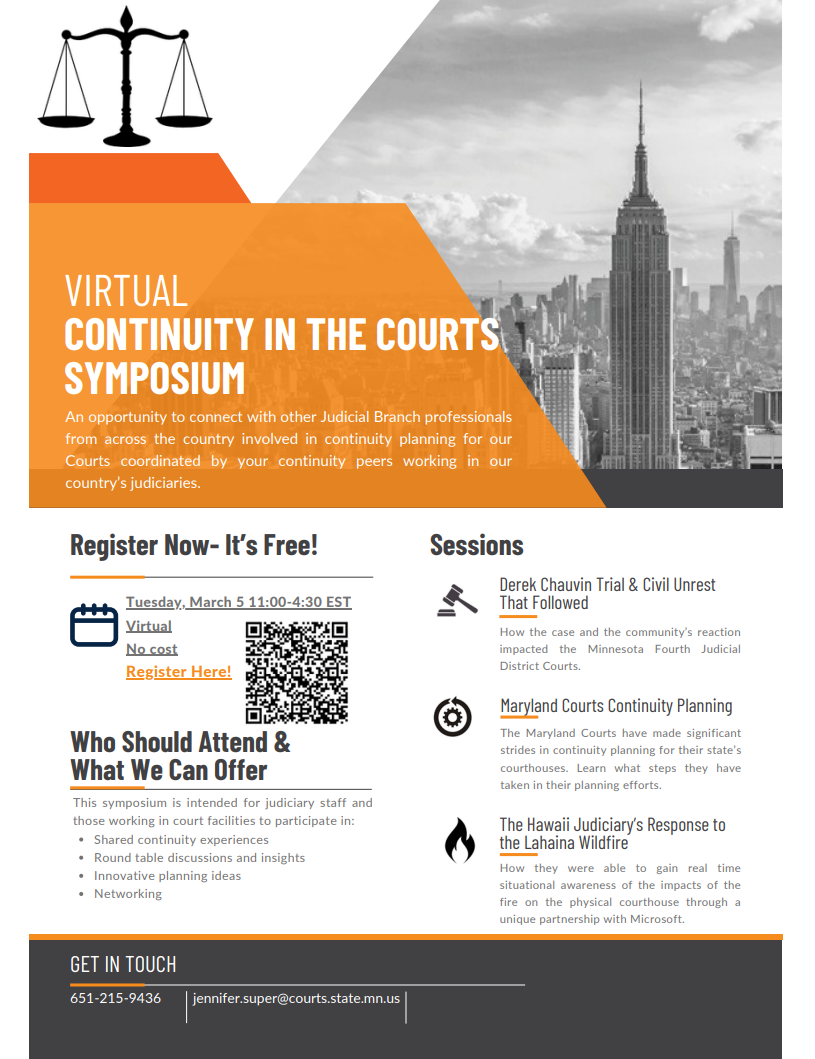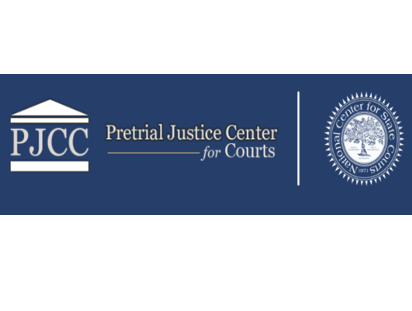IAALS, the Institute for the Advancement of the American Legal System at the University of Denver, and The Chicago Bar Foundation (CBF) are excited to partner on this critically urgent project. An important addition to the national access to justice landscape, the Above the Line Network (ATLN) has just launched to tackle the daunting challenges that middle-class Americans face when seeking legal help that doesn’t break the bank. While most organized access to justice efforts rightly focus on low-income and poor people who are especially vulnerable, we can never achieve our nation’s ideal of equal justice for all when middle-class people—who make up more than 50% of the nation’s population— and small businesses struggle to find quality, affordable legal services. They are “above the line” of income eligibility for the free legal aid reserved for the poorest Americans, but they also struggle to find quality and affordable legal services in the current legal market.
The project advances the CBF’s work in helping legal consumers in the middle class connect with affordable and accessible quality legal services—including through its legal incubator program, the Justice Entrepreneurs Project—and the work of IAALS in helping the legal profession evolve to put client and consumer needs first and enable people of all socioeconomic backgrounds to find the legal help they need.
With a specific focus on the legal needs of the vastly overlooked middle class, ATLN is a new, organized network of individuals and organizations across the country and in Canada that are committed to improving access for the middle-market—a collaborative and supportive community where ideas, resources, and best practices can be shared, further developed, and scaled to reach more people who need affordable legal services.
“With the majority of Americans being left behind, a more concerted national effort is needed to address this distinct access gap, and ATLN aims to do just that,” said Jessica Bednarz, IAALS Director of Legal Services and the Profession. “To do so, we don’t necessarily need to reinvent the wheel. Most of the pieces are there, and what we’re doing is bringing them together, thoughtfully and carefully, and ensuring that it rolls in the right direction—faster, more effectively, and finally getting the middle class where they need to go.”
ATLN intends to pull the many pieces together as a full ecosystem of middle-class legal providers and models for serving these clients. While there are some promising programs and models tackling this problem around the United States, Canada, and beyond, there is not a coordinated effort among them. ATLN will change that, uniting these existing efforts together—from incubators, socially conscious private law firms, nonprofit law firms, legal aid programs, and other organizations—to help them grow, thrive, and replicate, and foster advocacy for the middle class in the larger access to justice circles.
Visit the Above the Line Network project page here: Above the Line Network | IAALS (du.edu)
